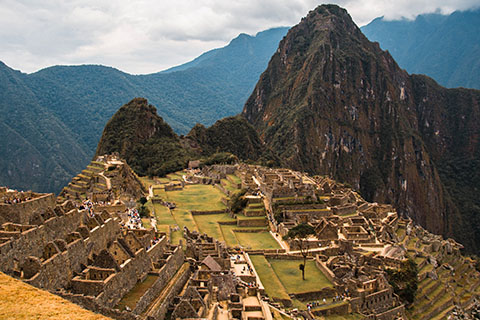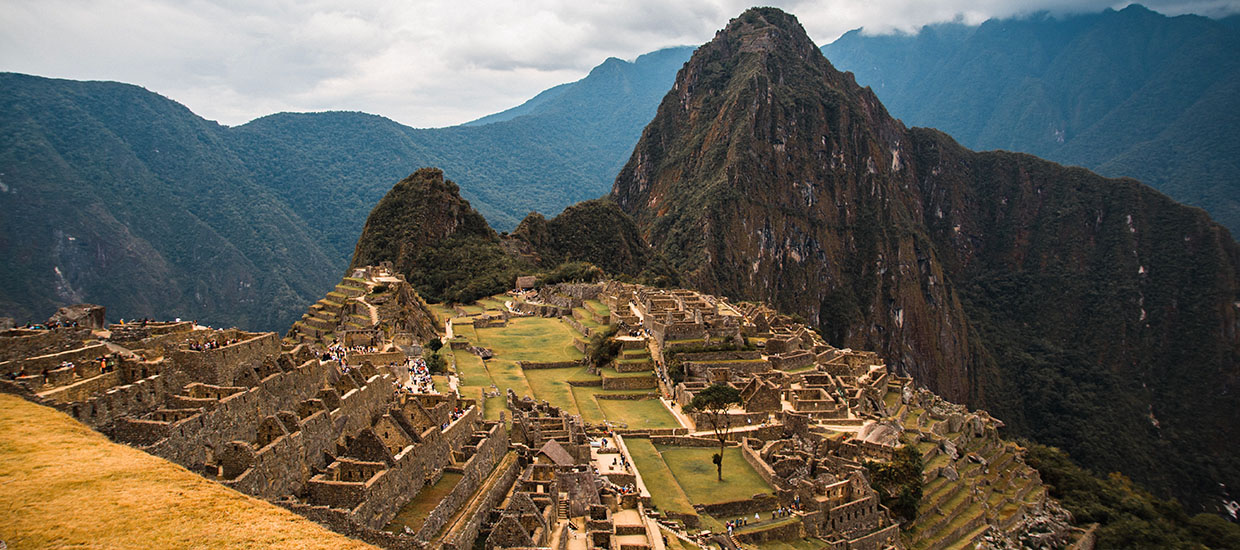Section Numbers: AMS 334, APY 418, APY 628, ECS 334, HIS 300, or MLL 322
Days: Tu/Th
Time: 6:00 p.m. - 7:15 p.m.
Instructor: Professor Caroline LaPorte, J.D. (Descendant, Little River Band of Ottawa Indians)
Rooted in an Indigenous perspective, this course is intended to provide students with a critical overview of the experiences of Native and Indigenous Peoples within the United States and globally. Students will have the opportunity to learn about historical injustices and contemporary issues Indigenous people face and about the impact that Native-led social justice movements have in regards to these issues. Students will contrast Native and Global Indigenous worldviews, frameworks for approaching community issues (legal, spiritual, land-based, political, and cultural), and accompanying creation stories with those of the West. Students will be immersed in Indigenous teachings around kinship and language, and will have the opportunity to examine common historical, political, and modern impacts of colonization on Native and Indigenous ways of being and knowing. Participants in this course will be able to identify the different eras of federal Indian law and policy (pre-contact, contact, genocide and colonization, removal, allocation and assimilation, recognition, termination and self-determination) and be able to dive deeper into their own assumptions, which may or may not be based on inaccurate historical narratives. To this end, students will have gained a more accurate portrayal of the history of Native and Indigenous peoples and will develop an appreciation for the ongoing and historical experiences in these communities, as well as the resiliency and survivance found within. Participants in this course will have a solid understanding of the value systems in which Indigenous teachings, stories, languages, and worldviews are rooted and be able to explain how these value systems have resisted colonial oppression since colonization. Success in this class will be measured by:
- Student ability to address and answer the core question of this course: What does it mean to be Indigenous to a place?
- Student ability to identify and explain the many ways in which settler colonialism and white supremacy have had a seriously detrimental impact on Native and Indigenous peoples, their worldviews and experiences; and
- Student willingness to confront internal bias and challenge their thinking using cultural humility as a model.
In order to accomplish this, this course will prioritize Indigenous scholarship and will utilize various sources (peer-reviewed articles, Native literature, plays, movies and Native podcasts, as well as texts focused specifically on anti-racism) to encourage meaningful student engagement with the course topics. Students will be required to submit weekly reflection papers (addressing key themes around historical issues/modern impacts, Native and Indigenous identity/blood quantum and anti-Blackness/anti-Indigeneity, white supremacy/colonization, genocide, oral traditions/creation stories, gender, and more) and a formal research paper. As a group, students will lead their own discussion forum space to create community with one another as we address more emotionally challenging topics (Indian boarding schools, removal, land theft, genocide, cultural genocide, missing and murdered Indigenous women and girls, violence against Native women, and overall tensions around identity and white supremacy).





